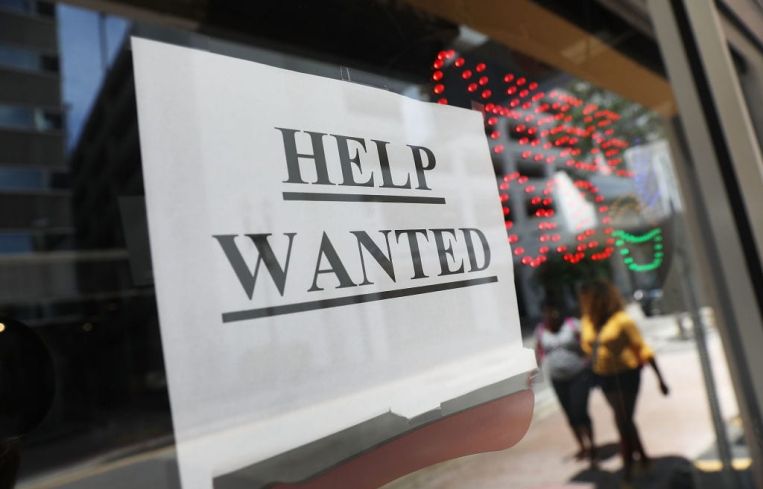Business Leaders Optimistic as US Emerges From Pandemic: Survey
Supply chain issues, hiring and cybersecurity remain concerns
By Celia Young July 19, 2021 1:42 pm
reprints
Business leaders are optimistic about their companies and industry, despite lingering concerns about pandemic-caused supply chain disruptions, hiring and cybersecurity, according to a new survey from JPMorgan Chase.
About 88 percent of business leaders were optimistic about their company’s performance in the next six months — the highest percentage in the 11 years that the survey has been conducted, and up 56 percent from this time last year. Another 82 percent are confident about their industry, an increase from 45 percent in 2020.
“I think they’re optimistic because, frankly … many people are doing quite well, if not better, than they would have,” Jim Glassman, head economist for commercial banking at JPMorgan Chase, told Commercial Observer. “If you’re a manufacturer, or [in] the food service business … economic activity has really rebounded very quickly, and the reason it’s happening is the successful implementation of the vaccination [and] a lot of these businesses have been able to adapt [to] technology.”
The report painted a rosy picture for the 1,375 leaders of companies surveyed with annual revenues between $20 million and $500 million. The optimism is driven by plans for growth, with 80 percent of businesses expecting a rise in revenues and sales for the remainder of 2021, and 46 percent expecting to increase investments and capital expenditures.
Thanks to the pandemic, businesses have more of an online presence, too. About 38 percent of businesses have used e-commerce to expand geographically, and 39 percent expanded their e-commerce capabilities to accept more online shopping, according to the survey.
The survey also found that 38 percent of businesses expected all employees to return to on-site work “post-pandemic”, which was lower than other estimates predicting that only 1 in 3 Manhattan workers planned to return to the office in September, CO reported. About 26 percent of respondents said they were implementing a flexible work model, despite concerns about preserving company culture and maintaining productivity levels.
Most business leaders surveys were also worried about hiring, and 81 percent said they hoped to add more workers in the next six months. Another one-third of respondents were worried about cyberattacks or fraud, and 62 percent of respondents said they expect to face supply chain issues moving forward.
“It’s really everywhere,” Glassman told CO. “If you think about it, most households have been struggling with phishing and those kinds of things, so it’s just part of life … You may hear of the high-profile events, but it’s really everywhere and a lot of our clients have dealt with these issues already.”
Glassman was more optimistic about supply chain and hiring issues abating. The initial issues are due to a fast reopening of the economy, which left employers scrambling to hire and production lines attempting to speed up, he said. As reopenings continue, those problems should start to disappear, he added.
Celia Young can be reached at cyoung@commercialobserver.com.



